Search
Search Results

Article
Chaucer's The Book of the Duchess Full Text & Summary
The Book of the Duchess is the first major work of the English poet Geoffrey Chaucer (l. c. 1343-1400 CE), best known for his masterpiece The Canterbury Tales, composed in the last twelve years of his life and left unfinished at his death...
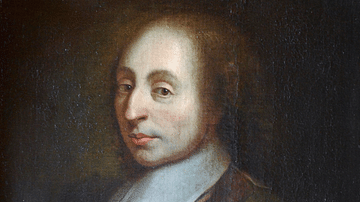
Definition
Blaise Pascal
Blaise Pascal (1623-1662) was a French scientist, mathematician, and philosopher whose work influenced both the Scientific Revolution and later European thought. Pascal is known for his practical achievements in science, such as a calculating...
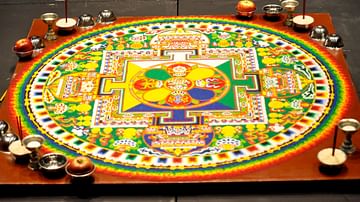
Article
Tibetan Sand Mandalas
Tibetan sand mandalas are works of art created to encourage healing, peace, and purification generally as well as spiritual or psychological focus specifically for those creating and viewing it. A mandala (Sanskrit for "circle") is a geometric...

Article
The Ancient Synagogue in Israel & the Diaspora
A unique and fundamental aspect of ancient Judean society in both Israel and the Diaspora, the ancient synagogue represents an inclusive, localized form of worship that did not crystallize until the destruction of the Temple in 70 CE. In...
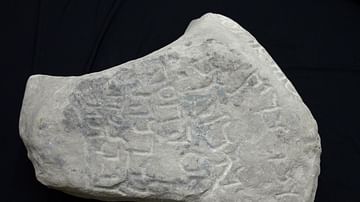
Article
Never Seen: The Trace of a Jewish Spirit from Mesopotamia
The Story Begins from a Dead End August 25, 2015 was a very hot day of summer but its omen was a very promising one! That day, I was with my friend, Mr. Hashim Hama Abdulla, director of the Sulaymaniyah Museum in Iraq, walking in the main...
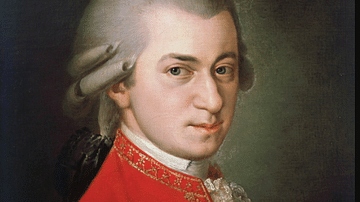
Definition
Wolfgang Amadeus Mozart
Wolfgang Amadeus Mozart (1756-1791) was an Austrian composer who wrote a wide range of works including piano concertos, string quartets, symphonies, operas, and sacred music. Regarded as one of or perhaps the greatest natural musical talent...

Definition
Temple
A temple (from the Latin templum) is a structure usually built for the purpose of, and always dedicated to, religious or spiritual activities including prayer, meditation, sacrifice and worship. The templum was a sacred precinct defined by...
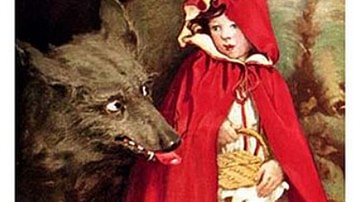
Definition
Medieval Folklore
Medieval folklore is a body of work, originally transmitted orally, which was composed between the 5th and 15th centuries in Europe. Although folktales are a common attribute of every civilization, and such stories were being told by cultures...
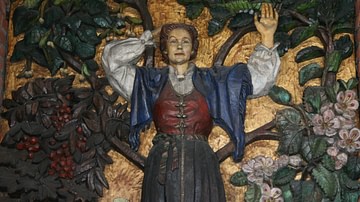
Definition
Frigg
Frigg is a fertility goddess in Norse mythology. She is the wife of Odin, king of the gods, and is the greatest goddess of the Norse pantheon. She is thought to have developed, along with the goddess Freyja, from an earlier fertility deity...
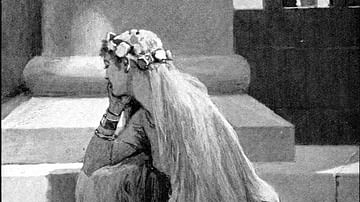
Definition
Sif
Sif is a fertility goddess in Norse mythology, wife of the thunder god Thor, best known for the story in which the trickster god Loki cuts her hair as a prank and is forced to replace it with a magical headpiece, leading to the creation of...